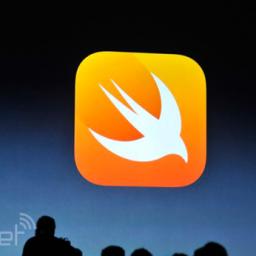Apple shifts from Objective C to Swift
 Apple announced a new programming language yesterday at its yearly developer conference. With improvements in speed and ease of development, the new language aims to replace Objective C, Apple's previous language of choice.
Apple announced a new programming language yesterday at its yearly developer conference. With improvements in speed and ease of development, the new language aims to replace Objective C, Apple's previous language of choice.As usual, software development in the new language is limited to the company's XCode programming IDE available for no cost in OS X.